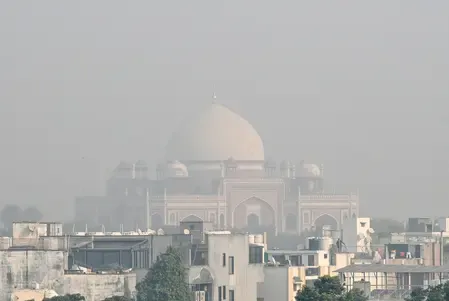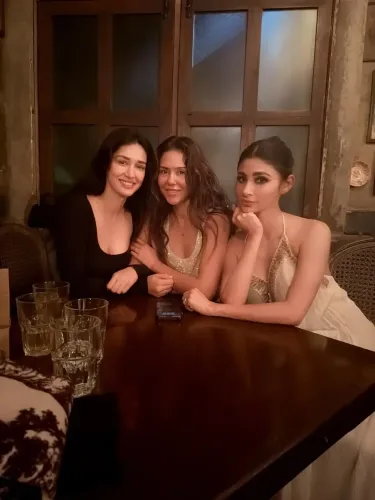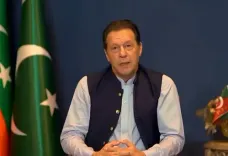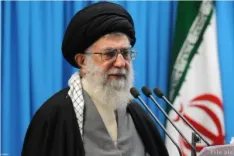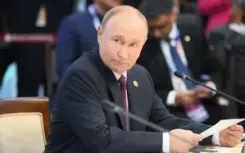Did the SC Dismiss NCPCR's Challenge to Marriage Age for Muslim Girls?
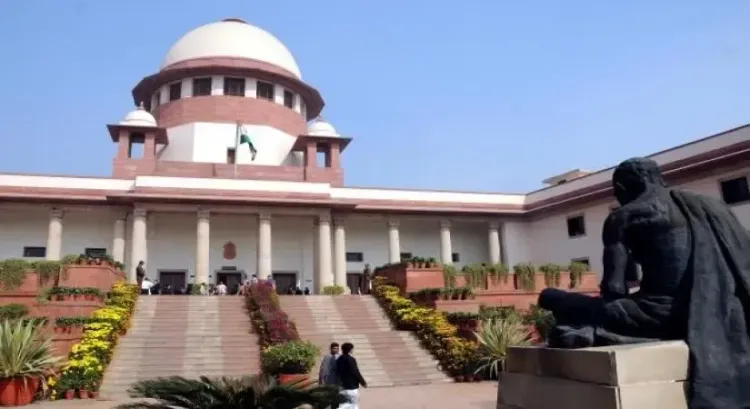
Synopsis
Key Takeaways
- The Supreme Court upheld the legality of marriages for minor Muslim girls post-puberty.
- The NCPCR lacks standing to challenge personal law decisions.
- The case reveals tensions between personal and statutory laws.
- Concerns for minors' autonomy were emphasized in the ruling.
- The ruling may influence future discussions on child marriage laws.
New Delhi, Aug 19 (NationPress) The Supreme Court has rejected a plea from the National Commission for Protection of Child Rights (NCPCR) that contested the notion that a minor Muslim girl may marry someone of her choice upon reaching puberty. A bench led by Justices B.V. Nagarathna and R. Mahadevan scrutinized the standing of the child rights organization in pursuing a special leave petition (SLP) against a ruling from the Punjab and Haryana High Court, which affirmed that a Muslim girl could marry a person of her choosing after turning 15.
The NCPCR’s counsel argued that the SLP raised a critical legal question regarding the validity of a marriage entered into by a minor Muslim girl based on personal law.
Nonetheless, the apex court dismissed the plea, stating that the contested order aimed to provide protection to the involved parties, and thus the NCPCR lacked the standing to dispute such a ruling.
While dismissing the petition, the Justice Nagarathna-led bench specified it would not address whether the marriage age for Muslim girls under personal law conflicted with other national laws, including the Protection of Children from Sexual Offences (POCSO) Act.
"If the High Court, in exercising its power under Article 226, aims to extend protection to two individuals, the NCPCR does not have the standing to challenge that order," the court stated.
Previously, the Supreme Court had notified the government and other parties regarding the NCPCR’s plea, with the intention to deliberate on the legal question, while clarifying that its decision not to suspend the Punjab and Haryana High Court's ruling should not serve as a precedent.
The court expressed concern that if the P&H High Court’s decision—which affirmed that a Muslim girl aged 15 could legally marry under personal law—was suspended, this might compel the girl to return to her parents against her wishes.
The NCPCR’s petition argued that the Punjab and Haryana High Court had overlooked the fact that sexual relations with a minor girl under 18 years constitute sexual assault under the POCSO Act, a legal reality that should not be altered by the child's marital status.
Last August, Solicitor General Tushar Mehta indicated that varying opinions were emerging from different High Courts nationwide, prompting multiple special leave petitions to the apex court regarding the same matter, and urged for prompt adjudication.
The P&H High Court's ruling stemmed from a habeas corpus petition filed by a 26-year-old man contesting the confinement of his 16-year-old wife in a children’s home in Panchkula, noting that such a marriage would not be invalid according to Section 12 of the Prohibition of Child Marriage Act 2006.

